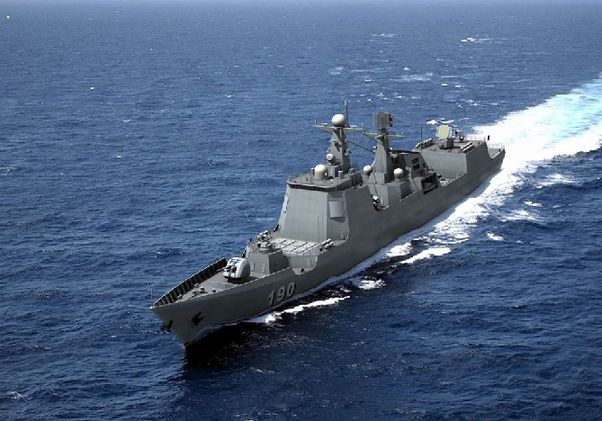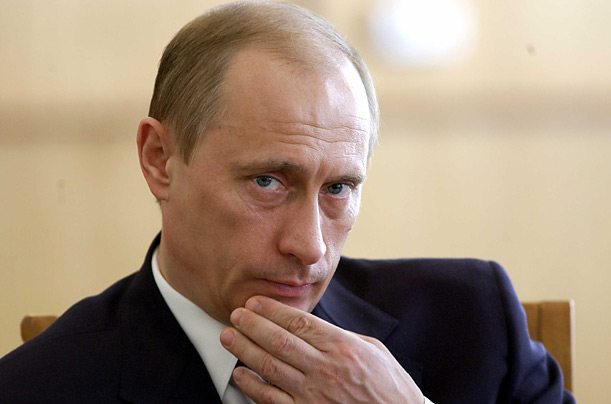China’s new unified coast guard agency has gone into operation, state media reported Tuesday amid maritime disputes with its neighbors, and experts said more ships will be armed as a result.
The China Coast Guard integrates the functions of marine surveillance, the existing coast guard which came under the police, fisheries law enforcement and Customs’ anti-smuggling maritime police.
The divisions “that were not allowed to be equipped with weapons can be armed now”, Yang Mian, professor of international relations at the Communication University of China, was quoted as saying by the Global Times newspaper.
“The new agency will also make our law enforcement more powerful.”
The agency will “have reasonable and legal law enforcement equipment” and “detect and rapidly handle in accordance with the law acts that harm China’s maritime rights and interests”, Zhang Junshe, a military researcher, wrote in a commentary in the PLA Daily.
Tensions have been growing in Beijing’s island disputes with Tokyo and other neighbors.
Chinese surveillance ships have frequently approached disputed islands in the East China Sea, which Japan controls and knows as the Senkakus but China claims as the Diaoyus, after Tokyo nationalized some of them last September.
The Philippines and Vietnam have accused Beijing of aggressively asserting its extensive claims in the South China Sea, although tensions have abated slightly with Hanoi in recent weeks.
With an eye on the rows, the United States has strengthened military cooperation with Japan and the Philippines — which are both treaty-bound allies — as well as with former war adversary Vietnam.
Zhang said the new agency will deal with conflicts in the disputed waters according to Chinese law.
That “will… show the international community that China has indisputable jurisdiction over the waters”, he said.
The China Coast Guard will have 11 squadrons and more than 16,000 personnel, according to various media reports.
Gary Li, an analyst with research firm IHS, said the fleet will give China “more stamina” for coast guard patrols in the disputed waters.
The move “will have significant impact on China’s territorial disputes in the East and South China Seas around the Senkaku/Diaoyu and the Spratly islands, respectively”, he wrote in a research note.
Arthur Ding, a Taipei-based researcher at the National Chengchi University, told AFP China’s patrols in the South and East China Seas were likely to become “more frequent and more forceful”.
“As it is named the coast guard, (its ships) are likely to be authorized to carry light weapons so that they can enforce the law,” he said.
“Clampdowns on so-called illegal acts are likely to increase, with frictions with neighboring countries expected to rise.”
China’s maritime capabilities have increased in recent years, and it has equipped its units with bigger vessels with longer ranges, capable of staying on patrol near disputed areas for longer periods, he added











